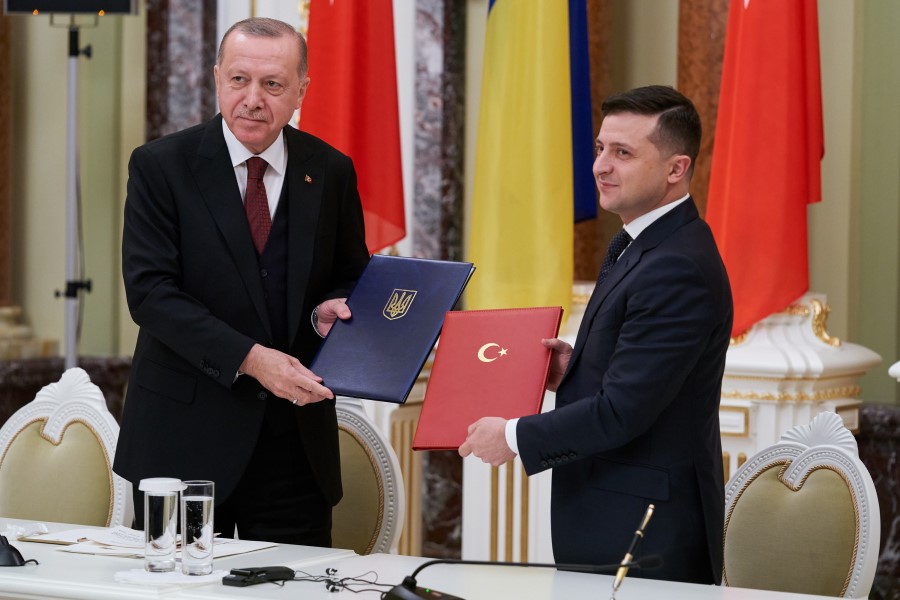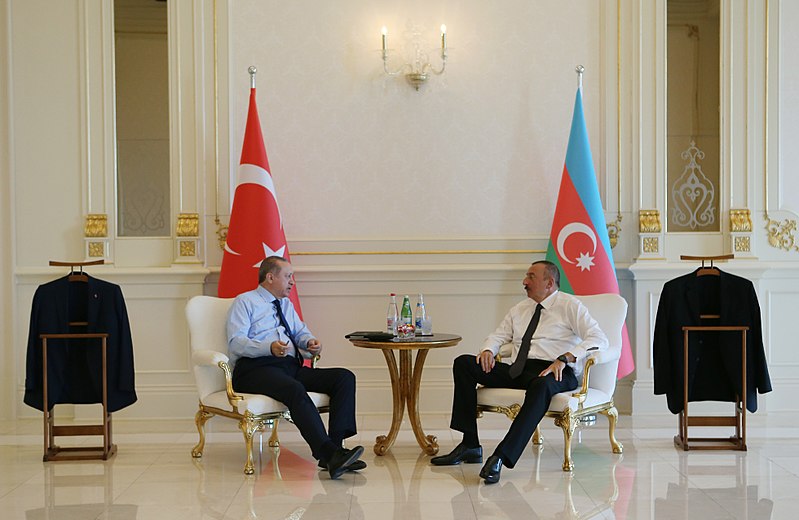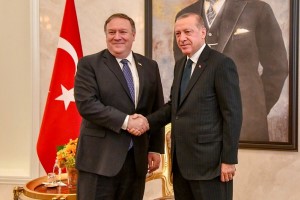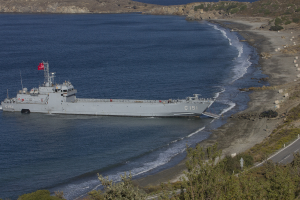Amid Turkey’s Deteriorating Relations with the U.S. the Future of İncirlik airbase is Unclear
By John C. K. Daly
October 21, 2020
Dissatisfaction with Turkey has intensified to the point that the U.S. administration is considering abandoning İncirlik air base near Adana. Turkey in turn has threatened to expel the American military from İncirlik air base if the U.S. Congress imposes sanctions on Turkey for purchasing the Russian S-400 antiaircraft system. As Turkey has now activated the missiles, the future of İncirlik is at best unclear.

Turkey Seeks to Counter Russia in the Black Sea-Caucasus Region
By Emil Avdaliani
October 5, 2020
Turkey increasingly views Ukraine, Georgia and Azerbaijan as parts of an arc that could help it balance Russia’s growing military presence in the Black Sea and in the South Caucasus. With this objective in mind, Ankara is stepping up its military cooperation not only with Baku, but also with Tbilisi and Kyiv. Turkey is signaling that it intends to play a far more active role in the Black Sea-Caucasus region in order to contain Russia’s influence. This regional strategy has wider implications as it demonstrates that Turkey, contrary to what has become a common perception in the West, is not moving closer toward Russia and that in fact Turkish and the Western geopolitical interests largely converge, with Turkey supporting Georgia’s NATO ambitions.

Turkey’s Commitment to Azerbaijan’s Defense Shows the Limits of Ankara’s Tilt to Moscow
By Turan Suleymanov and Bahruz Babayev
September 25, 2020
Turkey’s active, military and diplomatic involvement in the recent Azerbaijan-Armenia border clashes has sent a strong signal to both Armenia and Russia that Turkey will not remain passive and quietly acquiesce to any attempt to destabilize Azerbaijan. At stake is not only Turkey’s standing in Azerbaijan, arguably its closest international partner, but equally its energy safety and its wider, Central Asian political and economic ambitions. The Turkish intervention in defense of Azerbaijan is an unmistakable political warning that multiple actors will be involved in a possible escalation by Armenia of its conflict with Azerbaijan. In this sense, it serves as a guarantee for long-term stability and security in the south Caucasus. Reasonably, Armenia will have been permanently discouraged from seeking any further confrontation with Azerbaijan.

From Pro-Americanism to Anti-Imperialism: The Historic Turn of the Turkish Nationalist Right
By Halil Karaveli
September 21, 2020
Turkey’s pursuit of its geopolitical objectives in the eastern Mediterranean has historically not aligned with what used to be its paramount national security priority, to maintain a “strategic partnership” with the United States. The clash of foreign policy priorities has fuelled divisions in the Turkish military, between conservative pro-Americans and left-leaning, self-described anti-imperialists. Today though, the right-wing nationalists have embraced the anti-imperialism of the nationalist left. That is a profound change.

Turkey’s Blue Homeland Doctrine: Signaling Perpetual Conflict in the Mediterranean and Rough Waters Ahead
By Cengiz Çandar
August 26, 2020
Turkey’s and Greece’s zero-sum game in dealing with the issues of maritime delimitation and jurisdiction has for decades posed a problem for the peace and stability in their region. The discovery of energy resources in the eastern Mediterranean has raised the stakes significantly. Mutual intransigence, but most importantly the growing power of ultranationalist officers in the Turkish state, is exacerbating tensions. Turkey’s Blue Homeland doctrine, the endeavor to establish Turkish naval supremacy in the eastern Mediterranean, is ultimately a testimony to the clout of anti-Western ultra-nationalism in the Turkish military and state. It ensures that the eastern Mediterranean will be in perpetual conflict.



